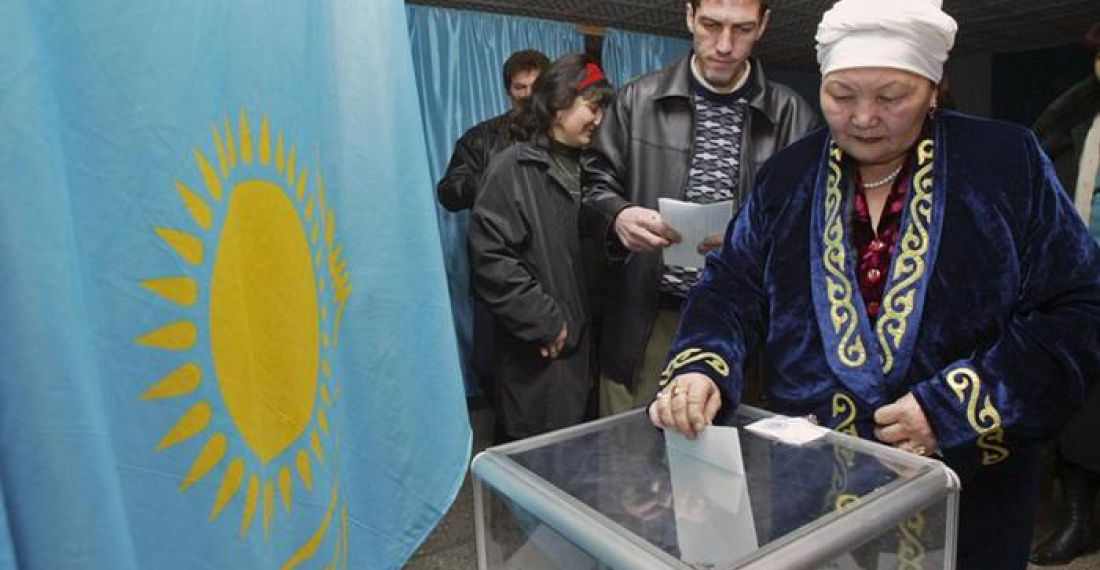Parliamentary elections are taking place in Kazakhstan on Sunday (10 January).
According to the country's Central Election Commission, more than 10,000 polling stations opened in 14 regions and three cities – Nur-Sultan, Almaty and Shymkent. Polling stations are open from 7 a.m. until 8 p.m.
Some 66 polling stations are also open in 53 countries for Kazakh citizens who are staying abroad.
Some 11.8 million voters were registered in the country as of 1 October 2020.
The authorities are taking all reasonable measures to conduct the elections safely despite the pandemic. COVID-19 testing was organised for the members of the election commissions, observers and other staff. Medical workers and volunteers are on duty. Masks and gloves are also provided at the polling stations.
Five political parties are competing for seats: the Nur Otan party - which is the current ruling party, the People’s Party of Kazakhstan, Auyl (Village) democratic patriotic party, Ak Zhol (White Way), and Adal (Faithful) parties.
312 candidates including 90 women have been nominated by their parties. The average age of the candidates is 46.7. The youngest candidate is 25. The party lists include 34 Majilis deputies of the previous parliament.
It is expected that 98 deputies will be elected from party lists. Nine deputies will be elected by the Assembly of the People of Kazakhstan on January 11.
The Central Election Commission has accredited 398 foreign observers. The list includes 322 observers from ten international organizations and 76 from 31 foreign countries.
Commonspace.eu political editor said in a comment that whilst no dramatic changes are expected in the election, and the ruling party is expected to win comfortably, the elections can contribute to widening the political playing field in the country and add stimulus to the process of reform initiated by president Kassym-Jomart Tokayev.







